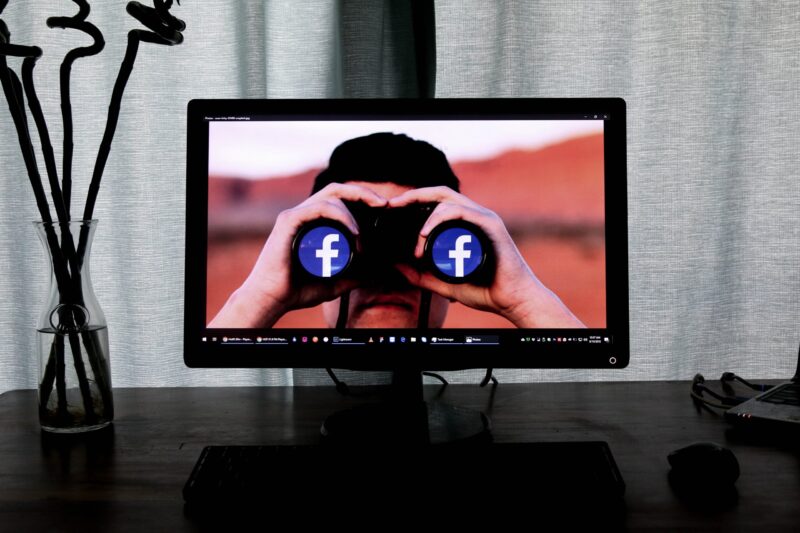Remember the snowstorm that hit before Christmas but South Jersey was pounded by a Nor’easter?
Yeah, that one.
Well, some barrier islands flooded, as they tend to do. Now in the good ol’ days, when the flood waters make it dangerous for buses and cars and bikes and walkers to navigate the islands, schools call a flood day or a late opening, enabling teachers and students to get to school safely and dryly. My boys loved when flood days were called. Sometimes they’d sleep in, sometimes they’d go out to breakfast with friends. Maybe they would put their homework on the backburner for a day, and enjoy their 24-hour reprieve from academic structure.
But this is 2020, baby.
Because Zoom education makes it possible for students to log into their classes no matter what the weather. No flood day needed. The word is that even up north where they got a blizzard, some schools required students to log into Zoom despite the weather.
Bravo! What a fantastic advancement for American education.
Time for kids to stop acting like kids, I say. I mean, what kid needs days at the sledding hill, or impromptu trips to the local ski mountain or empty meandering days spent grabbing pizza with friends, going to the playground or riding bicycles around aimlessly for no apparent reason? Who needs kids like that? Kids who climb trees, make snowmen, have flooded gutter wars or grab their boogie boards to skim the surface of the flood waters? Who needs aimless, directionless, non-goal-oriented kids like that?
Not us. Kids need direction. Kids need structure. Kids need constant vigilance. This loosey-goosey approach to raising our children needs to stop. And Zoom has figured out a way to stop it.
So I say, hurray for educational technology! Now not only can the kids be denied their friends, their teachers, their activities, their classes, their sports, their clubs, and their socialization, now we can deny them the simple sweetness of an unplanned and spontaneous day off from school! Now everything can be regimented and structured, and we no longer have to leave anything to chance!
What a relief. Now there will be no more missed assignments or late essays or late-night cramming. Because now, no matter where the kids are, whether it’s a family Disney vacation, or baseball camp, or simply a day spent playing hooky at the beach, now there is no longer any excuse for that child to not be able to access his or her education 24 hours a day, 365 days a year.
Yippee!
I was driving to an old historical farm yesterday morning, and the only radio station I could access was some backcountry talk show on which the female hosts were discussing the joys of staying in bed all day. Staying in bed. All day.
What is this strange new preoccupation with American sloth? This new push to keep our young people bubble-wrapped in their homes and scrolling Instagram? And none of that “but we’re in a pandemic” stuff, please.
We have clothing brands exhorting young girls to spurn outside activity. “Namaste in bed!” their sweatshirts read.
We have music that sings the praises of inactivity. Avicci doesn’t want to be woken up until it’s all over. Bruno Mars doesn’t want to do anything but lay in his bed. Chris Brown wants to lay in bed and ignore the light in the window (this is a little riff-off from Romeo and Juliet, by the way).
Our young people are besieged by this message on social media. Celebrities brag about their day-long and week-long binge-watching sessions of Netflix. LinkedIn posts articles about the delightful benefits of reporting to work in pajamas. Influencers comically bemoan their binge-eating and day-drinking, and brag about the massive amounts of money they spend on food delivery services like Grubhub and Doordash and Uber Eats.
“NOW YOU DON’T EVEN NEED TO LEAVE YOUR HOUSE!”
our kids are told.
Really? Ever seen the movie “Wall-E?” How far are humans from descending into helpless corpulence and laziness brought on by rampant consumerism? Is Amazon comparable to Buy-N-Large? The current generation is going to have to fight back hard against these big corporations trying to brainwash them into thinking that the world can be conquered inside their own four walls while staring at a screen and wearing their pajamas. And maybe it can be.
But at what price?
Most families will be able to rise above it. Most families I know have their priorities straight, and understand that the values being taught by these media conglomerates are toxic. But those unfortunate families on the fringe, families whose worlds have little to offer outside their four walls, must submit to the skewed social media message of “Alone Together.”
What a load of dog doo-doo. How about “Atrophied Together?” “Unsocialized Together?” “Unemployed Together?”
The continental divide between these two classes of children will be starkly evident by the time they are applying to college and ultimately seeking careers. I’ll get to more on this another time.
There are no easy solutions. Jaron Lanier states that social media and technology have often been compared to the addiction of smoking. But he disagrees. He thinks it is more like the discovery of lead-based paint.
“When it became undeniable that lead was harmful,” he said, “no one declared that houses should never be painted again…smart people simply waited to buy paint until there was a safe version on sale.” Simply put, this electronic-addiction is toxic, and there are safer ways. But Lanier thinks time is running out to find an equitable substitute.
Let’s start small. Keep those snow days intact. Let those kids run around and be kids. Instead of getting dopamine hits off of social media, let them get it through snowball fights, igloos, sledding, frozen digits, hot chocolate, and snowmen.
“But all they’re going to do on a snow day is sit on video games, anyway,” you may argue.
Perhaps that’s true. But it’s important to note that you are the parent, and you can deny them access to video games if you so choose. And I’m no hypocrite- my sons loved playing video game on a precious snow day. But not all day. And not anymore. Because the older they get, the more they realize that snow is too precious to be wasted sitting indoors. They figured out that while their computers and phones will always be there, the snow won’t. The snow is there to be enjoyed, raced down, and flopped into.
So screw Zoom. Grab your kid, tell his teachers you have something more productive to do with him, and drive north until you find the snow. Education will still be there waiting for him when he gets back.
But his childhood won’t be.


